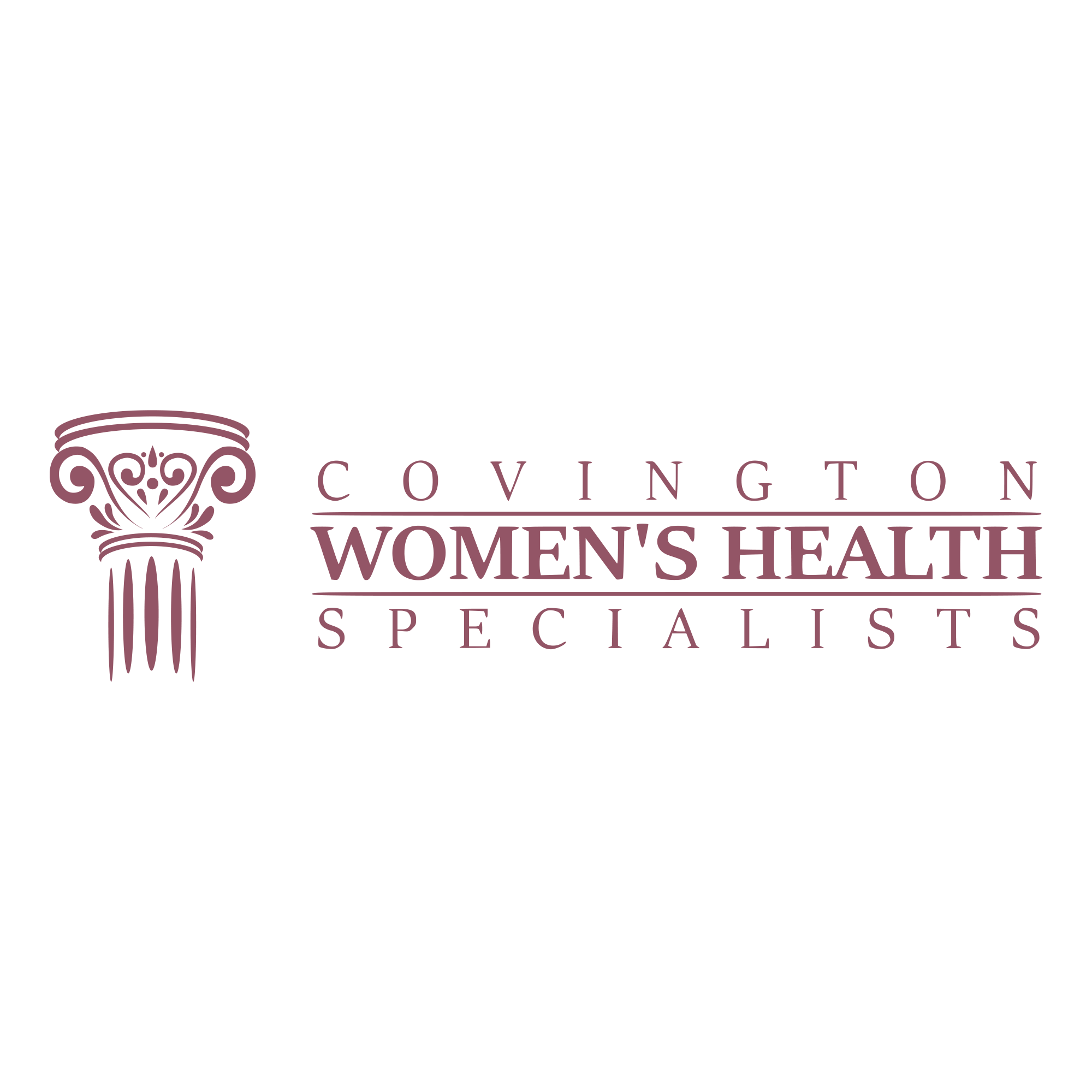HIV and Conception
Living HIV positive can change your life in many ways, but with proper management, leading a healthy life is entirely possible. In fact, having HIV doesn’t even prevent you from having children, though there are some considerations to keep in mind.
One crucial aspect that demands attention is the intersection of HIV and conception. Here’s what you should know about navigating the path to parenthood while living with HIV.
How HIV Affects the Reproductive System
Research shows that HIV can produce abnormalities in a woman’s reproductive system, including in the cells and tissues of their fallopian tubes, uterus, and cervix. Absence of menstrual periods also appears to be higher in women who are HIV positive. Because conception relies on the ovaries’ ability to release an egg for fertilization, missing periods can be a barrier to becoming pregnant. HIV can also affect male infertility, including semen volume, sperm motility, concentration, and morphology.
Since HIV-positive individuals may experience difficulties getting pregnant through traditional intercourse, fertility treatments such as intrauterine insemination (IUI) and in vitro fertilization (IVF) may be options to consider. Treatments may also involve sperm washing to reduce HIV levels prior to insemination.
What to Expect When You’re Pregnant with HIV
People who are HIV positive and pregnant will have their viral load and CD4 counts tested throughout their pregnancy. A high viral load and low CD4 count increases your risk of becoming sick and passing HIV to your baby. It’s therefore critical that you continue to take your HIV medicine exactly as your provider directs you.
HIV can also be passed to a baby during and after pregnancy through the placenta, a broken amniotic sac, or by breastfeeding. Our team can discuss prevention strategies you can take to significantly reduce the risk of passing the virus to your baby, which may include:
- Taking HIV drugs to keep your viral load low
- Delivering via C-section (if your HIV levels are high) to reduce the risk of transmission during birth
- Avoiding breastfeeding
- Administering anti-HIV drugs to your baby after birth
With these guidelines, the risk of passing HIV to a baby drops to just one percent.
Plan Ahead for Pregnancy
Research shows the risk for passing along HIV is lowest when you start HIV treatment before pregnancy or as early as possible while pregnant. If you know you are HIV positive, it’s therefore a good idea to discuss plans to become pregnant with your provider before trying to conceive. During this appointment, we may also cover other details, including how medications could affect your baby, whether any changes to your treatment regimen may be needed, and what to do if pregnancy symptoms like nausea and vomiting make it difficult to continue taking medication.
Until directed otherwise by your doctor, the main thing to know is that it’s critical that you never stop taking your HIV medication.
Here at Covington Women’s Health Specialists, our doctors are committed to providing the best level of prenatal care for all patients who are expecting or planning to become pregnant. To set up an appointment with one of our specialists, call 770-385-8954 or request an appointment online.








